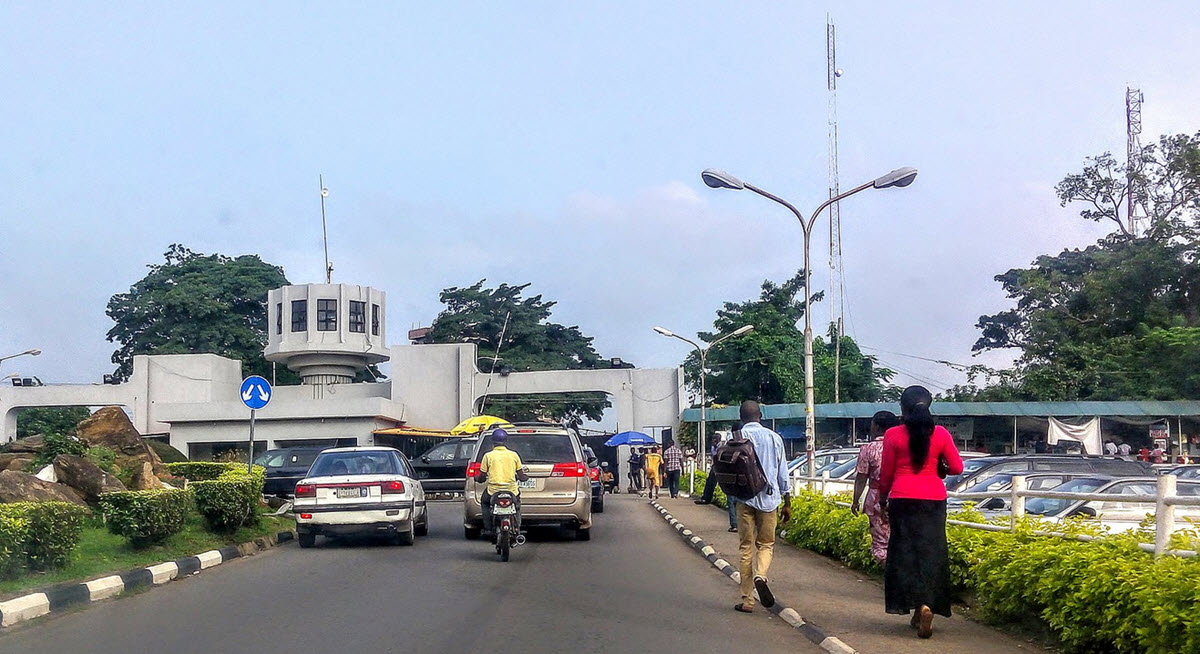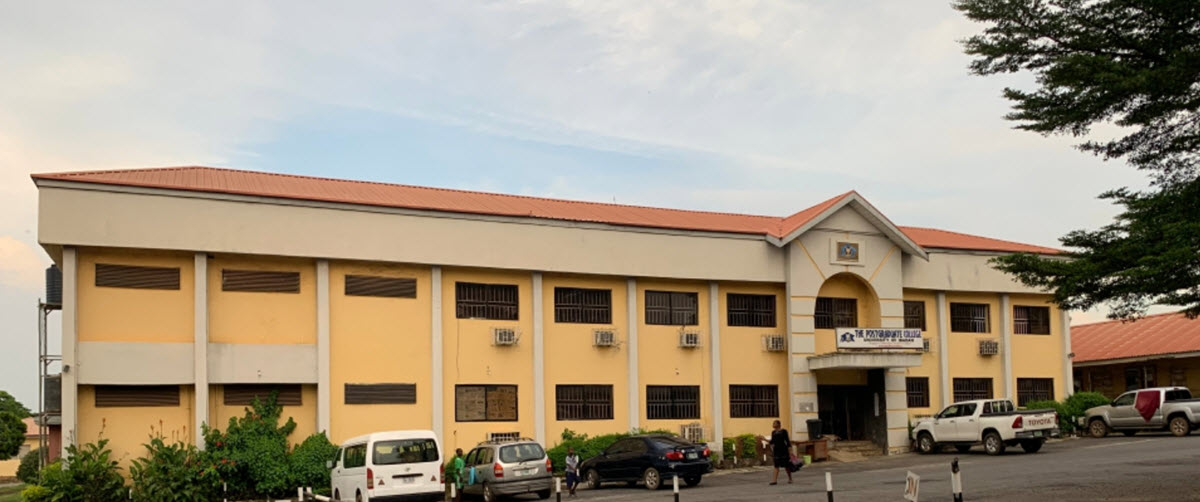The University of Ibadan (UI) is a public research university located in Ibadan, the capital and most populous city of Oyo State, in Nigeria.
The roots of this university goes back to the foundation of the University College Ibadan in 1948. This was one of many colleges within the University of London. It became an independent university in 1962 and is the oldest degree-awarding institution in Nigeria.
According to the US News.com global ranking of universities, the University of Iban is one of the top-10 universities in Africa, and the only of the top-10 not located in either South Africa or Egypt. It is thus the top university in West Africa, and the only top-10 anywhere in sub-Saharan Africa outside South Africa. In September 2016, it became the first Nigerian university to make the top-1000 in Times Higher Education global rankings.
The University of Ibadan contains 90+ academic departments organized into 17 faculties. Each year, the university awards around 3,000 Master Degrees and circa 250 Ph. D´s.

Short facts about the University of Ibadan
Motto
“Recte Sapere Fons” (To think straight is the fount of knowledge.)
Address
Oduduwa Road, 200132, Ibadan, Nigeria
Nobel laureate
The Nigerian English-language author Wole Soyinka was awarded the 1986 Nobel Prize in Literature, thus becoming the first sub-Saharan African and first Nigerian to receive that literary prize. Born in Abeokuta, Soyinka attended the University College Ibadan in Nigeria and the University of Leeds in England.
Faculties and other academic units
Faculties
- Agriculture
- Arts
- Basic Medical Sciences
- Clinical Sciences
- Dentistry
- Economics and Management Sciences
- Education
- Environmental Design and Management
- Law
- Multidisciplinary Studies
- Pharmacy
- Public Health
- Renewable Natural Resources
- Science
- Social Sciences
- Technology
- Veterinary Medicine
College of Medicine
The Faculties of the Basic Medical Sciences, Clinical Sciences, Public Health, and Dentistry are organized as a College of Medicine. A lot of the educational activities for this college take place within the University College Hospital, roughly 5 km from the main university campus.
Other academic units
The university has other academic units, such as the Institute for Advanced Medical Research and Training (IAMRAT), Institute of Cardiovascular Diseases, Centre for Drug Discovery, Development & Production (CDDDP), Centre for Control & Prevention of Zoonosis (CCPZ), Infectious Diseases Institute (IDI), Institute of Child Health, Centre for Child Adolescent and Mental Health, National Institute for Maternal, Child & Neonatal Health (NIMCNH), Institute of African Studies, Institute of Education, School of Business (UISB), and the Centre for Entrepreneurship and Innovation (CEI).
The Pan African University Life & Earth Sciences Institute
The University of Ibadan hosts the Pan African University Life & Earth Sciences Institute on behalf of the West African Subregion. This program, which was launched by the African Union, receives students from all over Africa.

History
University College Ibadan
In 1948, the University College Ibadan was founded as a college of the University of London. Until 1967, it was this university that supervised the academic programmes and awarded the degrees.
The University College Ibadan started on 18 January 1948.
The foundation of the University College Ibadan meant that staff and students were transferred from Yaba Higher College – which had been founded in Yaba, Lagos in 1932 – to Ibadan.
Independent university
University College Ibadan was converted into an autonomous university in 1963, but the University of London continued to supervise the academic programmes and award the degrees until 1967.